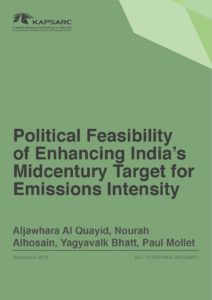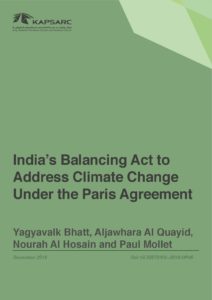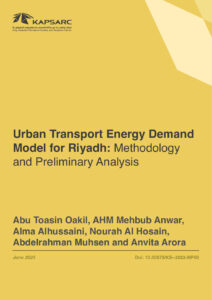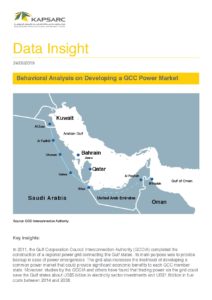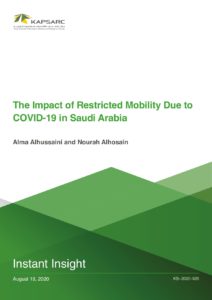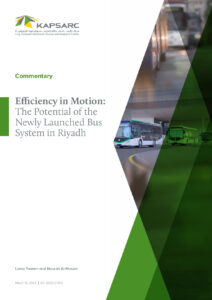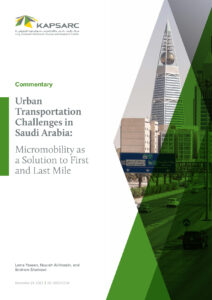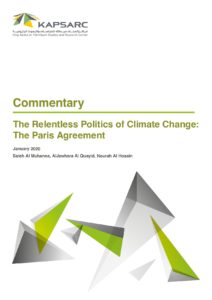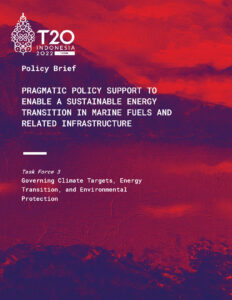Nourah is a research associate in the Transport and Infrastructure program. Her work focuses on geospatial analysis and modeling. Nourah was previously in KAPSARC’s Policy and Decision Science program, where she was part of the KAPSARC Toolkit for Behavioral Analysis (KTAB) development team. She holds a B.S. in Computer Science from Prince Sultan University.
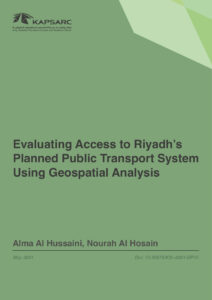
Evaluating Access to Riyadh’s Planned Public Transport System Using Geospatial Analysis
The King Abdulaziz Project for Public Transport in Riyadh city is one of the world’s largest urban transit systems being developed. The project aims to meet the demands of the city’s growing urban population while reducing traffic congestion, heavy private car dependence and air pollution. The performance of any public transport system largely depends on its accessibility. Therefore, this study evaluates the populations’ access to Riyadh’s public transport stations using network analysis tools based on geographic information systems.
24th June 2021
